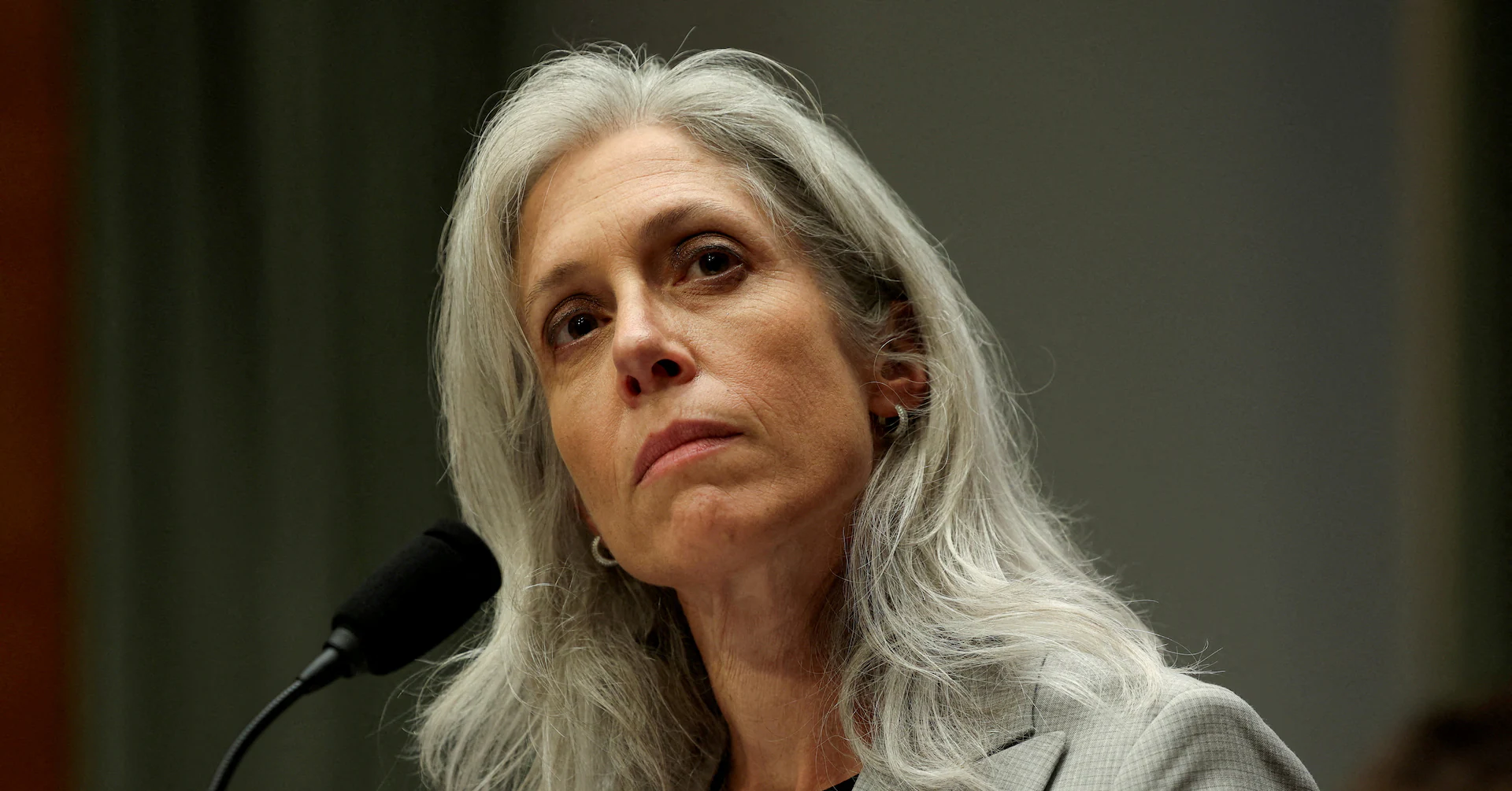
Question: I’m not worried about saving for retirement. I’m planning just to work forever. What can go wrong?
Answer: Saving early and often is the recipe for success in retirement. After all, the longer you invest, the more time your money has to grow before your paychecks stop.
But what if you plan to work forever and the paychecks never stop? Does that mean you can blow off or pull back saving for a retirement you don’t intend to have?
In a perfect world, where things go as planned, yes. In reality, no.
“You can’t always choose when you retire,” says Michael Conrath, Chief Retirement Strategist at J.P. Morgan Asset Management. “You need to plan for the fact that not everything goes according to plan.”
There are benefits to working as long as possible. If you work until you’re 70, you receive a 30% increase in your Social Security benefits. Plus, working until that age means less time drawing from your savings and more time for your savings to grow.
But thinking you’ll never retire can’t be an excuse to put off saving, even if you already have a nest egg. Many things can go wrong with that. Read on to learn what.
Forces out of your control can derail your plans
Even if you love your job and are really good at it, there’s no guarantee you will keep it forever, let alone until you’re 70. “Only 28% of retirees say that they hit their target retirement date. On average, they retired three years earlier than expected,” says Conrath.
There are several factors out of your control that can derail that “work forever” approach, including these:
You get laid off. Layoffs and downsizing are part of life, and you could end up on the receiving end of one of those actions. Depending on the job market and your age, it may be difficult to find a comparable salary or even a new job.
You hate your job. You may have the best job in the world, but that can quickly change if a new boss comes in, your co-workers change, or the company is under new management. Suddenly, the job you loved coming to work at every day becomes the place you dread the most.
“Your work dynamics can shift over time. You might not be working with — or for — the same people in the future. And a change in the organization could affect your happiness,” says Conrath.
You or a family member gets sick. Your health may prevent you from performing your job, forcing you to retire. This can happen unexpectedly or gradually over time.
It may not be you who gets sick either. An elderly parent, spouse or loved one may suffer from an illness, derailing your ‘work forever’ plans. JP Morgan found that close to one-third of people retire earlier than planned because of a health issue or disability.
“People don’t get to choose how long they work due to illness, caregiving, any number of things,” says Nick Nefouse, global head of retirement solutions and head of LifePath at BlackRock. “Having savings is important. It gives you more control.”
You become obsolete. From telemarketing to data entry, many jobs have become obsolete over the years. You run the risk of that happening the longer you are employed in a field. To remain relevant usually requires continuing education, which means time and commitment.
“Will you keep up with pursuing opportunities to expand or refine your skillset? If you’re in a physically demanding job, will you be able to continue to do that in your 80s or 90s?” says Conrath. “You need to take an honest look at your role and how the requirements could shift in the future.”
Do this instead
Working forever may not be a realistic plan, but a phased retirement is. This happens when you slowly reduce the hours you work, or shift into part-time work instead of retiring completely. You bring in a paycheck, stay busy, but still have time to enjoy your retirement. During it all, you focus on saving for when you no longer want or can work at all.
“Plan for the window, not the day of retirement,” says Nefouse. “You don’t need a specific date. We retire when we physically can’t work or don’t want to work, but you have to plan for those remaining years.”



